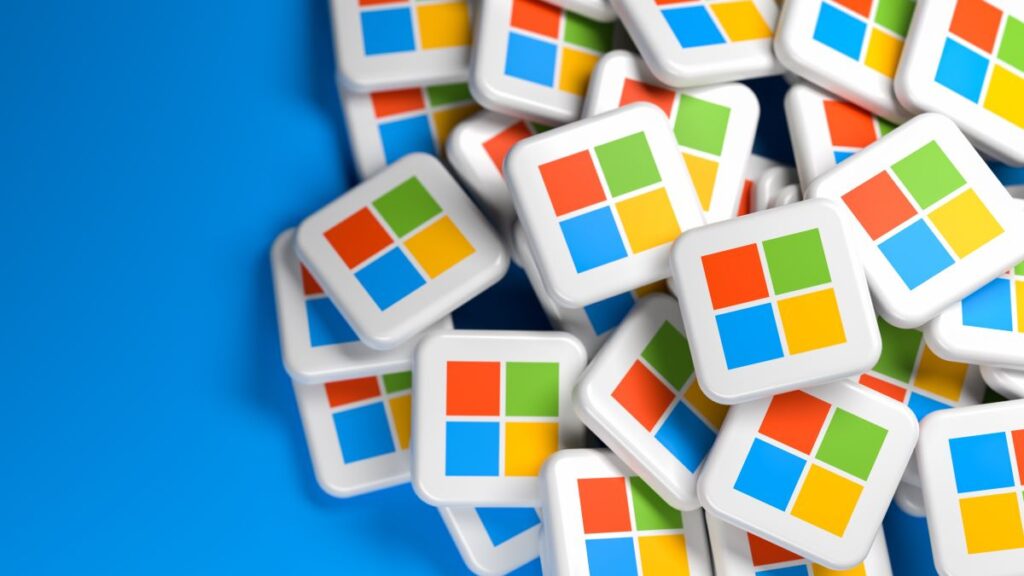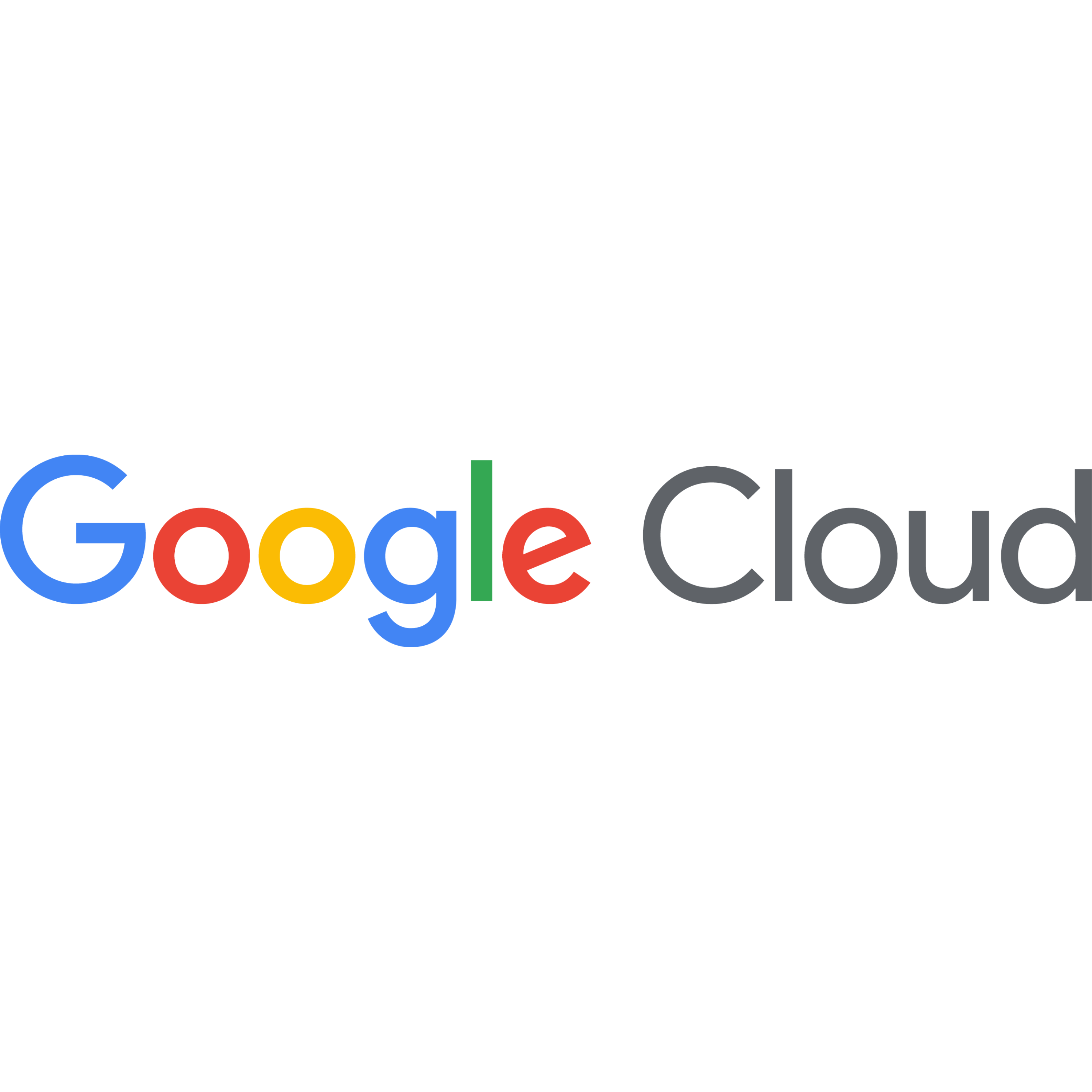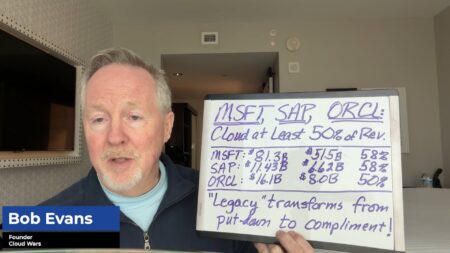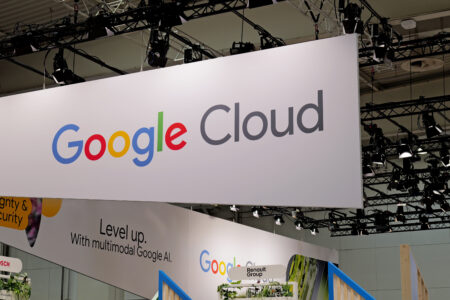
Less than two months after first introducing the Agent2Agent (A2A) specification for multi-vendor agent interoperability, Google updated the protocol with new functionality and added high-profile backers including Microsoft, SAP, and Zoom.
Google spearheaded A2A, and brought along 50+ launch partners, as a way for agents to communicate, exchange information, and coordinate actions across enterprise platforms. The company positions it as complementary to Model Context Protocol from Anthropic, which provides context to agents from a wide range of systems.

AI Agent & Copilot Summit is an AI-first event to define opportunities, impact, and outcomes with Microsoft Copilot and agents. Building on its 2025 success, the 2026 event takes place March 17-19 in San Diego. Get more details.
V0.2 of the A2A specification includes these two major enhancements:
- Standardized authentication based on a schema that facilitates clear communication of authentication requirements across agents. In so doing, it’s intended to increase security and reliability in agent-to-agent interactions.
- Support for stateless interactions, which simplifies development in those scenarios where session management isn’t needed and thereby enabling efficient, lightweight communication.
At the time A2A launched, the specification boasted supporters including Atlassian, Box, MongoDB, PayPal, Salesforce, SAP, ServiceNow, and Workday. It also won support from major service providers including Accenture, Capgemini, Cognizant, Deloitte, KPMG, McKinsey, and PwC.
In announcing V0.2, Google said that SAP has extended its commitment, while Microsoft, Zoom and others have rallied behind A2A. Additional details on each:
- Microsoft announced support in Azure AI Foundry to build A2A agents and the ability to invoke any A2A agent from within Microsoft Copilot Studio. Microsoft has also showcased how A2A can be used for workplace productivity use cases by invoking multiple A2A agents with Microsoft Entra Agent ID and Microsoft Graph.
- Zoom announced support for A2A and Agentspace integration, advancing multi-agent collaboration across its platform.
- SAP is adding A2A support to its AI assistant Joule, which will enable Joule to orchestrate agents within the SAP ecosystem and invoke A2A agents such as those built using Google ADK within the Joule user interface. With this functionality, users can access agents across multiple systems to accomplish more tasks without switching context.
- Auth0 is launching sample open-source agents that showcase how to remotely authenticate agents for secure, multi-agent communication using A2A and Auth0’s Auth for GenAI.
- Box AI Agents transform unstructured content — think scans and images — into actionable data by extracting key details such as dates and contractual terms. By embracing A2A, Box AI agents can securely collaborate with external agents to complete processes directly where data and content live.
Additional Google Agentic AI Developments
Beyond the A2A developments, Google launched a series of other AI agent products and updates.
This included Python SDK for A2A (ADK), which simplifies integration of communication capabilities into Python-based agents. It also includes a Java development kit. Additional details:
- Python ADK v1.0.0 provides a platform for developers to build and deploy their agents in live environments.
- Java ADK v0.1.0 brings the power and flexibility of the ADK to Java developers, enabling them to leverage its capabilities for their agent development needs.
The company also detailed the Vertex AI Agent Engine that helps developers deploy, manage, and scale agents in production. Google is now offering an Agent Engine UI to simplify the agent lifecycle in a centralized way. This interface, accessible within the Google Cloud console, provides a dashboard to view and manage deployed agents, list sessions, trace and debug actions, and monitor agent for insights into their behavior and performance.
Ask Cloud Wars AI Agent about this analysis










